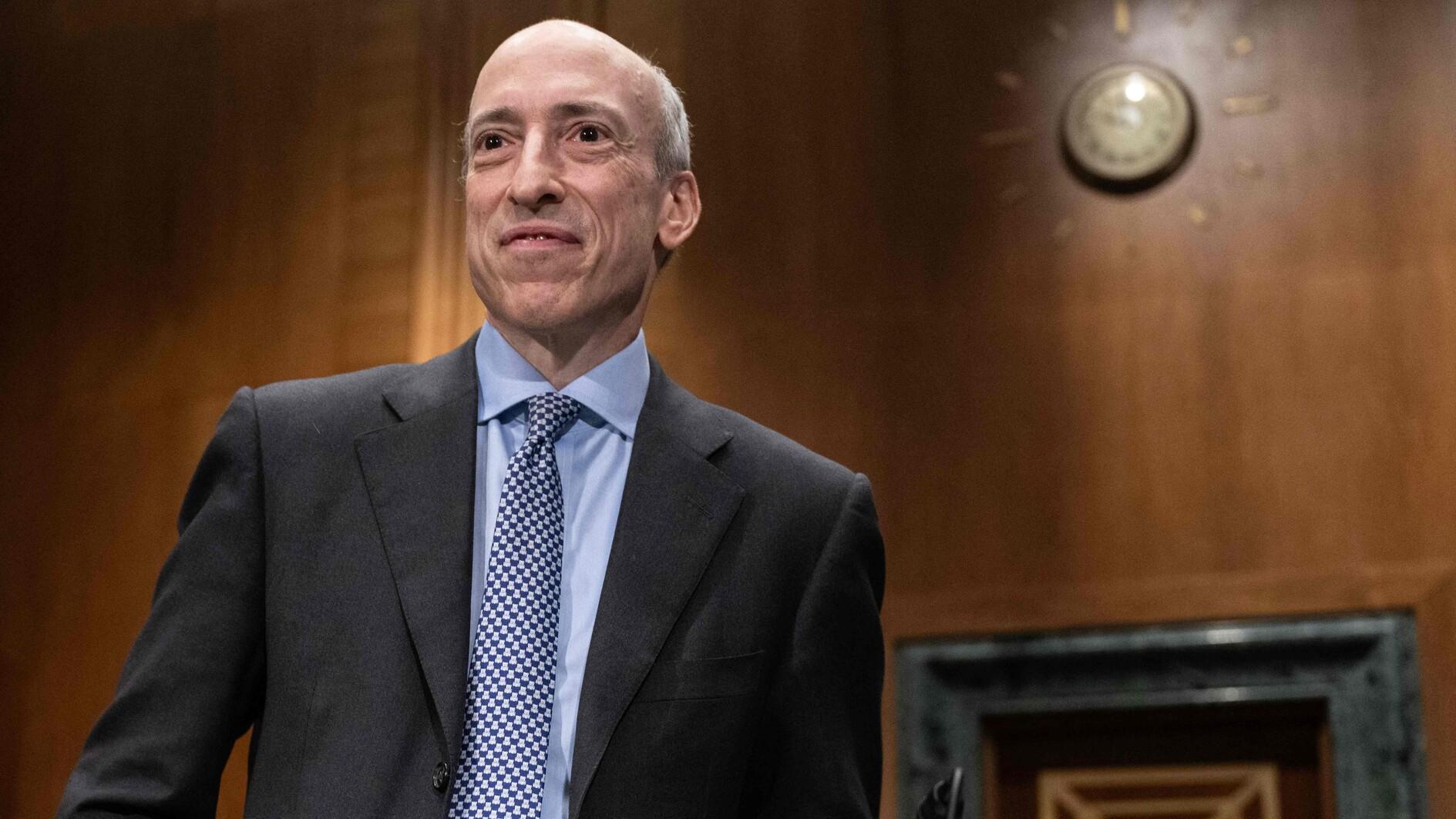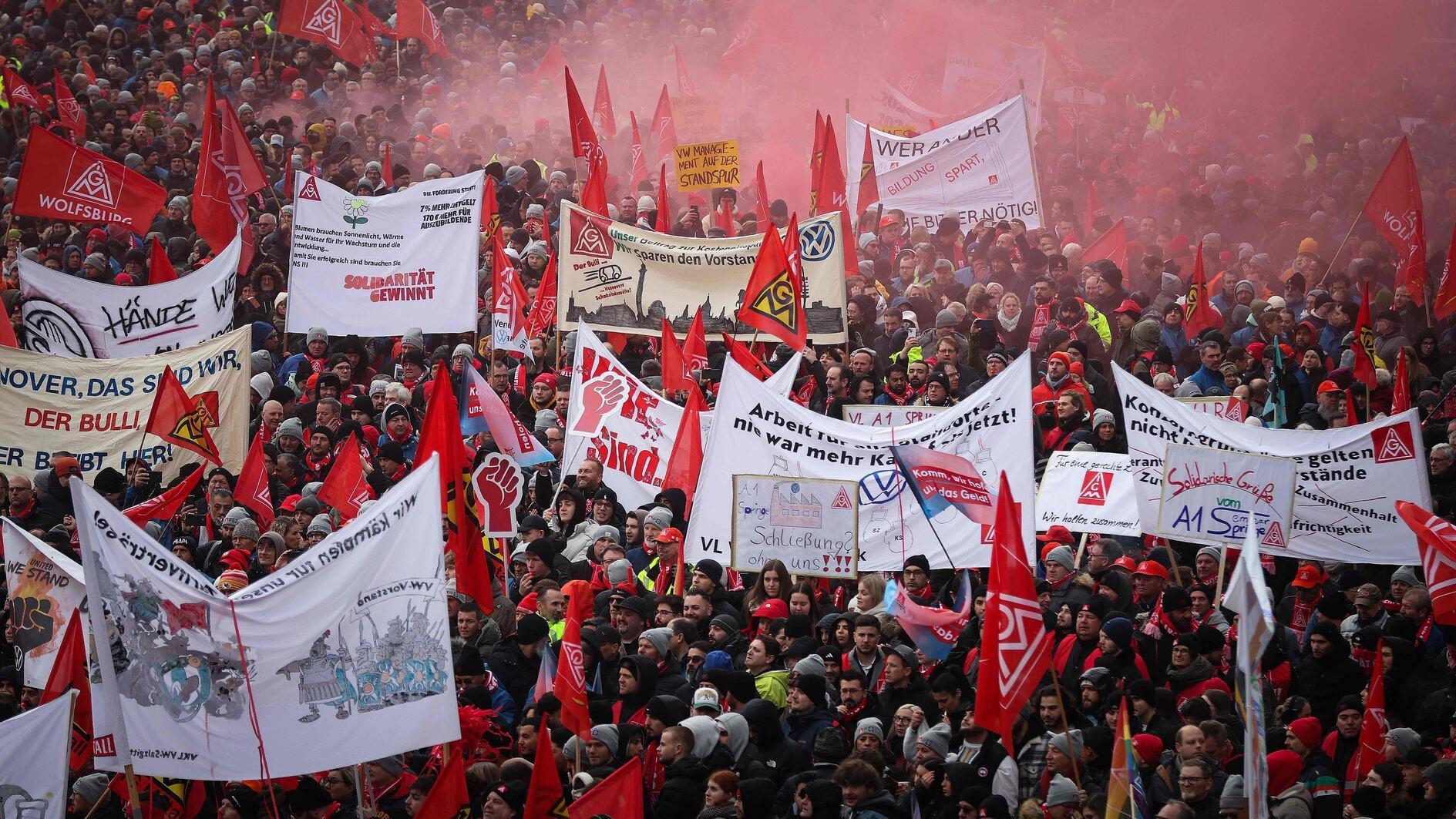Turkey diplomacy: Aleppo deal with Russia, Mosul deal with US
The Middle East is passing through historic times. Nearly the entire world has united to degrade and ultimately defeat the Islamic State of Iraq and the Levant (ISIL), the world’s most dangerous jihadist terrorist organization, in Iraq and Syria, as the long-awaited Mosul operation began on Oct. 17.
Despite the fact that President Recep Tayyip Erdoğan continues his very strong-worded statements that often feature harsh criticism of Western partners and regional countries, this has not hindered diplomatic efforts to create common ground between those countries and to resolve disputes.
One can perfectly cite the ongoing Ankara-Baghdad dialogue as the best example of it. Turkey deployed a team of diplomats and soldiers to Iraq to discuss its military presence at Bashiqa camp and to deliver its concerns and messages on the ongoing Mosul operation first hand. As Foreign Minister Mevlüt Çavuşoğlu said on Oct. 18, Baghdad will send its own team to Ankara in the coming days in follow-up talks in a bid to resolve the Bashiqa crisis between the two countries.
Needless to say, this dialogue between the two capitals only became possible after a strong intervention by the United States, which did not hide its disturbance over the deepening Ankara-Baghdad spat. There are sufficient indications that suggest a kind of formula to resolve the problem, with Turkey likely to agree to end its training operations at Bashiqa once the Mosul operation ends and Iraq permitting the limited participation of the Turkish military in the efforts to liberate the country’s second-largest city and keep Shiite militias out of the town.
Another round of diplomacy is continuing between Turkey and the U.S. over a number of issues. After the foreign ministers of two countries met in Lausanne to discuss Syria, the chiefs of general staff of Turkey and the United States, Gen. Hulusi Akar and Gen. Roger Dunford, respectively, held extensive talks in Washington over the weekend. The two top soldiers are widely believed to have discussed the ongoing Mosul and upcoming Raqqa operations that need to be crafted in the best way in order to avoid sparking fresh tensions in the region.
It’s certain the results of the meeting will soon be visible in the Mosul theater as more Turkish participation becomes observable. Likewise, the Turkish and American armies will likely display a healthier cooperation and partnership in the next stages of the anti-ISIL operations in both Iraq and Syria.
The fact that the Turkey-backed Free Syrian Army (FSA) was able to capture the strategically important Dabiq in northern Syria and is now heading toward al-Bab further south affects the plans of other major actors in the region as well. As for the U.S.-led anti-ISIL coalition, they know that they should give more support to the FSA in its bid to capture al-Bab, a military target just before the liberation of Raqqa.
The diplomatic efforts are not limited to Western partners. The recent reconciliation of ties with Russia paved the way for Ankara to return to the Syrian theater, both politically and militarily. Russian consent to Turkey’s cross-border offensive is not, however, unreturned. Turkey has been doing two things since ties have been mended with Russia.
First, it’s no longer vocal against the continuation of the Bashar al-Assad regime and no longer the champion in bringing up the brutal attacks of the regime against civilian targets in and around Aleppo. Second, Turkey seems ready to ignore the Russia-Syria duo’s attacks to break the resistance of the moderate rebels in eastern Aleppo which would eventually lead to Damascus gaining control of one of the country’s largest cities.
Amid the sound and fury over the ongoing military mobilization in the Middle East that has brought major offensives against ISIL, diplomatic routes are yet to prove themselves as the best way to resolve regional conflicts. However, one should not underestimate the fact that diplomacy is best performed if the leaders refrain from resorting to inflammatory rhetoric.











